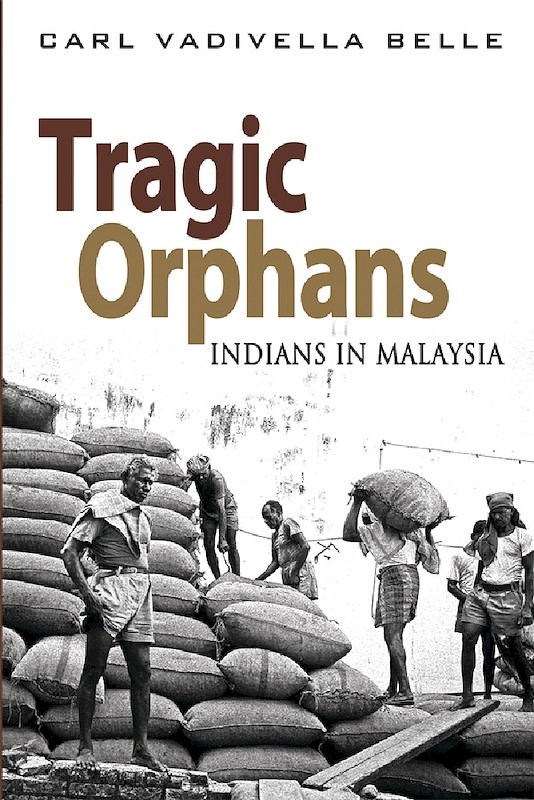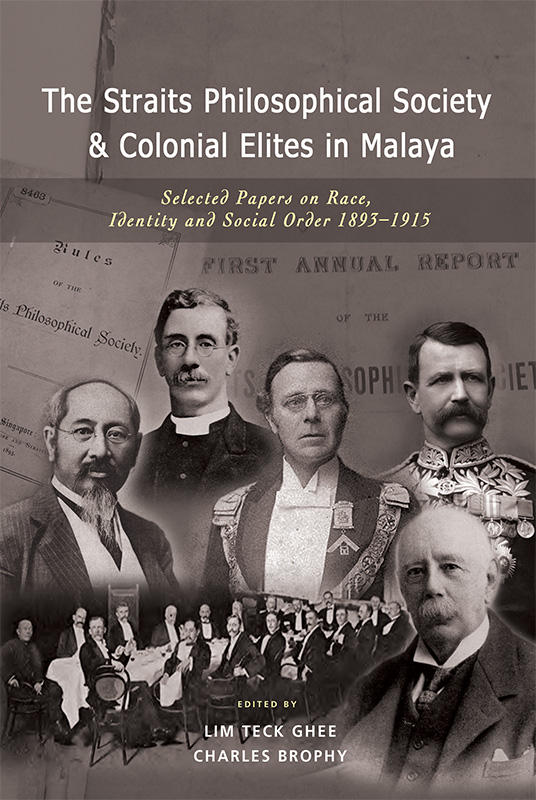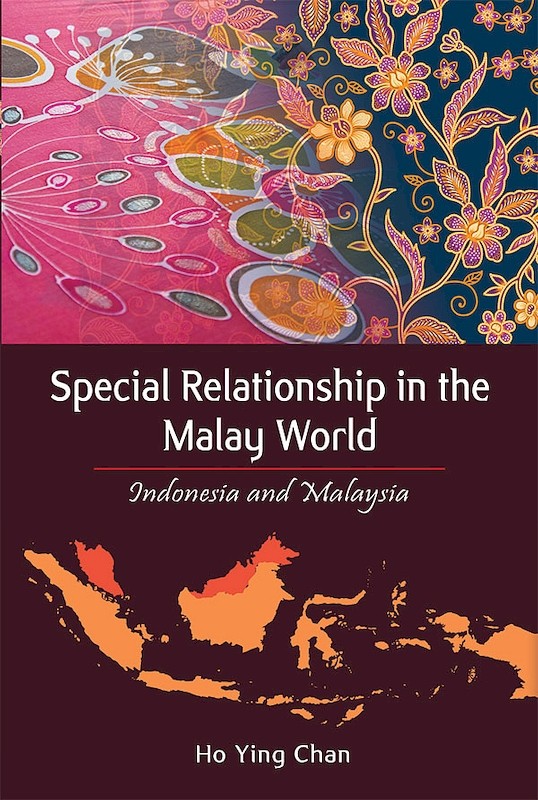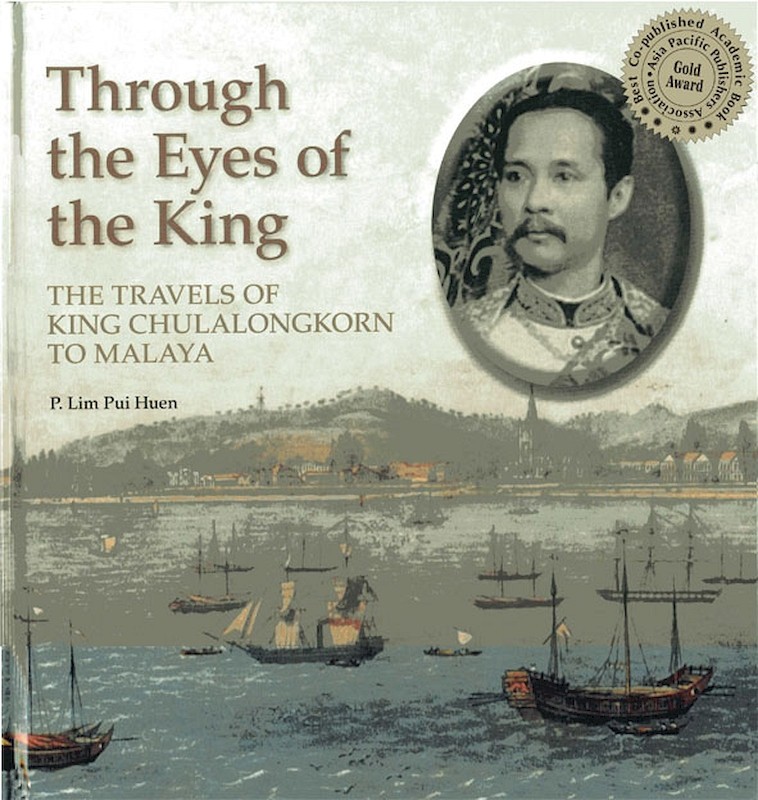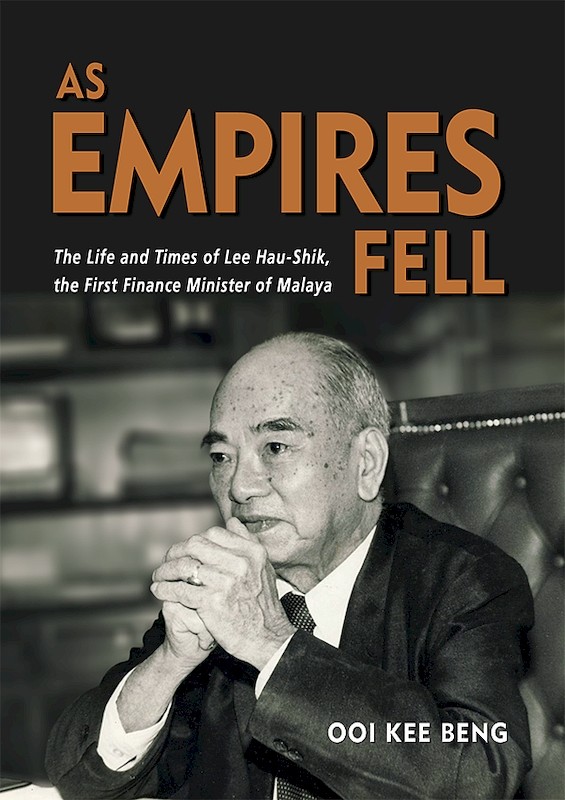India and Malaysia: Intertwined Strands
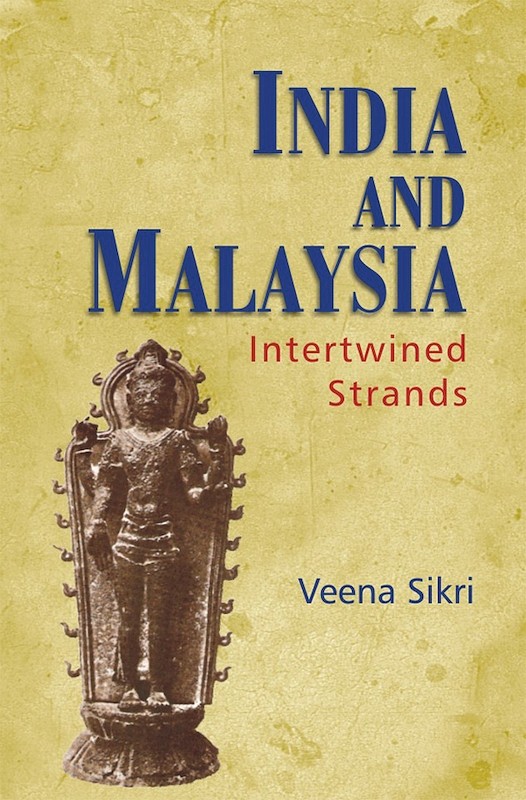
Veena Sikri, author
Date of publication:
2013
Publisher:
ISEAS / Manohar
Number of pages:
400
Code:
BM472
About the publication
This book offers a panoramic yet in-depth historical analysis of the inter-linkages between India and Malaysia, which are a microcosm of the much larger relationship between South Asia and Southeast Asia, as these have evolved for more than two millenia. Both regions shared rich traditions, first of their Hindu and Buddhist, and later of their Islamic heritage. Till the arrival of European colonialists about five hundred years ago, the people of South and Southeast Asia interacted freely and peaceably. Trade, religion and culture were the leitmotifs of this interaction, and technological prowess in shipbuilding its mainstay.
By the end of the eighteenth century, colonial machinations, including the forced demise of India’s shipbuilding industry, had impoverished large swathes of people aross South and Southeast Asia, and severely restricted their interaction. Indentured labour and convicts, overseers and foremen, railway workers and members of the police force: these were the categories that served the interests of the colonial power. The book documents in chilling detail the tribulations faced by the enormous movement of manpower between India and Malaysia.
The book brings out the role played by Jawaharlal Nehru, Rabindranath Tagore and Netaji Subhas Chandra Bose, among others, in shaping the relationship between India and Malaysia in the twentieth century. The book details the intricacies of the negotiations in the run-up to Malaya’s independence, together with the key issues of cooperation between Indian and Malaysian leaders, including Mahathir Mohamad, Abdullah Badawi and Najib Razak.
By the end of the eighteenth century, colonial machinations, including the forced demise of India’s shipbuilding industry, had impoverished large swathes of people aross South and Southeast Asia, and severely restricted their interaction. Indentured labour and convicts, overseers and foremen, railway workers and members of the police force: these were the categories that served the interests of the colonial power. The book documents in chilling detail the tribulations faced by the enormous movement of manpower between India and Malaysia.
The book brings out the role played by Jawaharlal Nehru, Rabindranath Tagore and Netaji Subhas Chandra Bose, among others, in shaping the relationship between India and Malaysia in the twentieth century. The book details the intricacies of the negotiations in the run-up to Malaya’s independence, together with the key issues of cooperation between Indian and Malaysian leaders, including Mahathir Mohamad, Abdullah Badawi and Najib Razak.
Co-publication: ISEAS / Manohar
Available for distribution by ISEAS worldwide except for South Asia.

